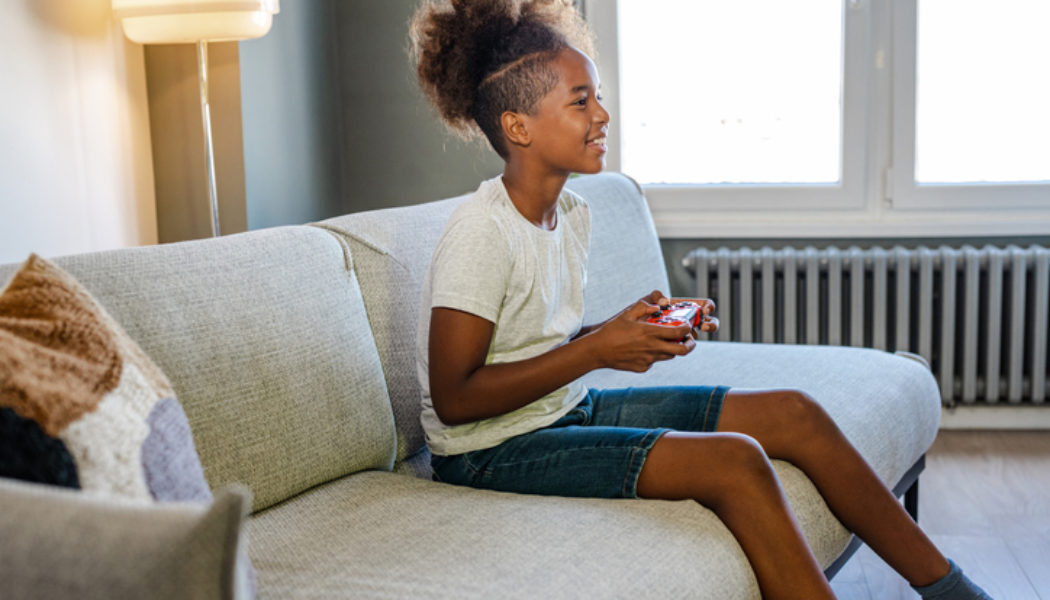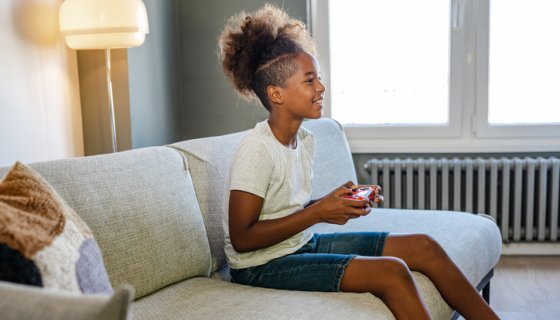
Source: Riska / Getty
Parents, listen up, video games are more than likely not ruining your young gamer’s brain, but they might improve how it functions.
A new study focusing on adolescent brain functions shows that kids who play video games seem to have better memory and control over their motor skills than kids who don’t pick up the sticks.
While the study also does state that video game playing might not be the reason for the differences in brain functions, it doesn’t dismiss the idea of gamers performing better on some tests of brain functions.
If that is the case, it could further push the argument for developing video games to help improve and treat cognitive problems.
“This study adds to our growing understanding of the associations between playing video games and brain development,” Nora Volkow, director of the National Institute on Drug Abuse, said.
The study used Data from the Adolescent Brain Cognitive Development study launched in 2018. The ABCD study currently tracks brain development in thousands of children across the United States as they grow into adults.
Participants in the study undergo a battery of assessments, including brain imaging, cognitive tasks, mental health screenings, physical health exams, and other tests.
Details About The Video Games Study
Researchers gathered information from the first set of assessments from the ABCD study to get its results.
Per The Verge:
It included data on 2,217 children who were nine and 10 years old. The ABCD study asked participants how many hours of video games they played on a typical weekday or weekend day. The research team divided the group into video gamers (kids who played at least 21 hours per week) and non-video gamers (kids who played no video games per week). Kids who only played occasionally weren’t included in the study. Then, the research team looked at the kids’ performance on tests that measure attention, impulse control, and memory.
The study showed that gamers not only had different brain activity than non-gamers but also did better on tests. More activity was observed near the brain’s parts that handle attention and memory.
One interesting observation was that there were no “differences between the two groups on measures of mental health,” The Verge reports.
That argument that video games impact emotional well-being looks more like C A P than fact.
So, when you see your child playing video games, you should nurture and embrace gaming, not try to keep them from it.
—
Photo: Riska / Getty











Tagged: entertainment blog, gaming, HHW Gaming, music blog, Newsletter, Tech, video games